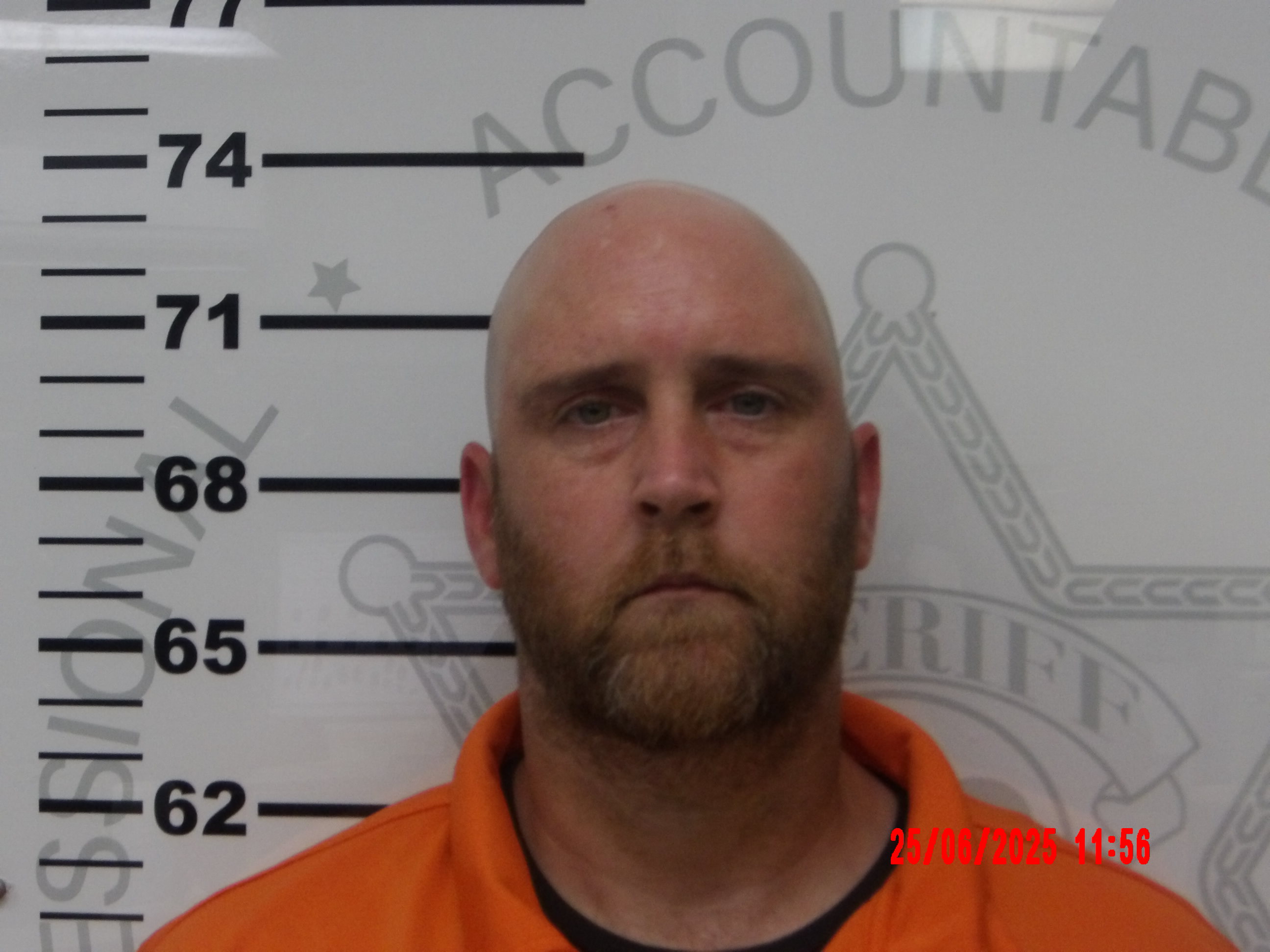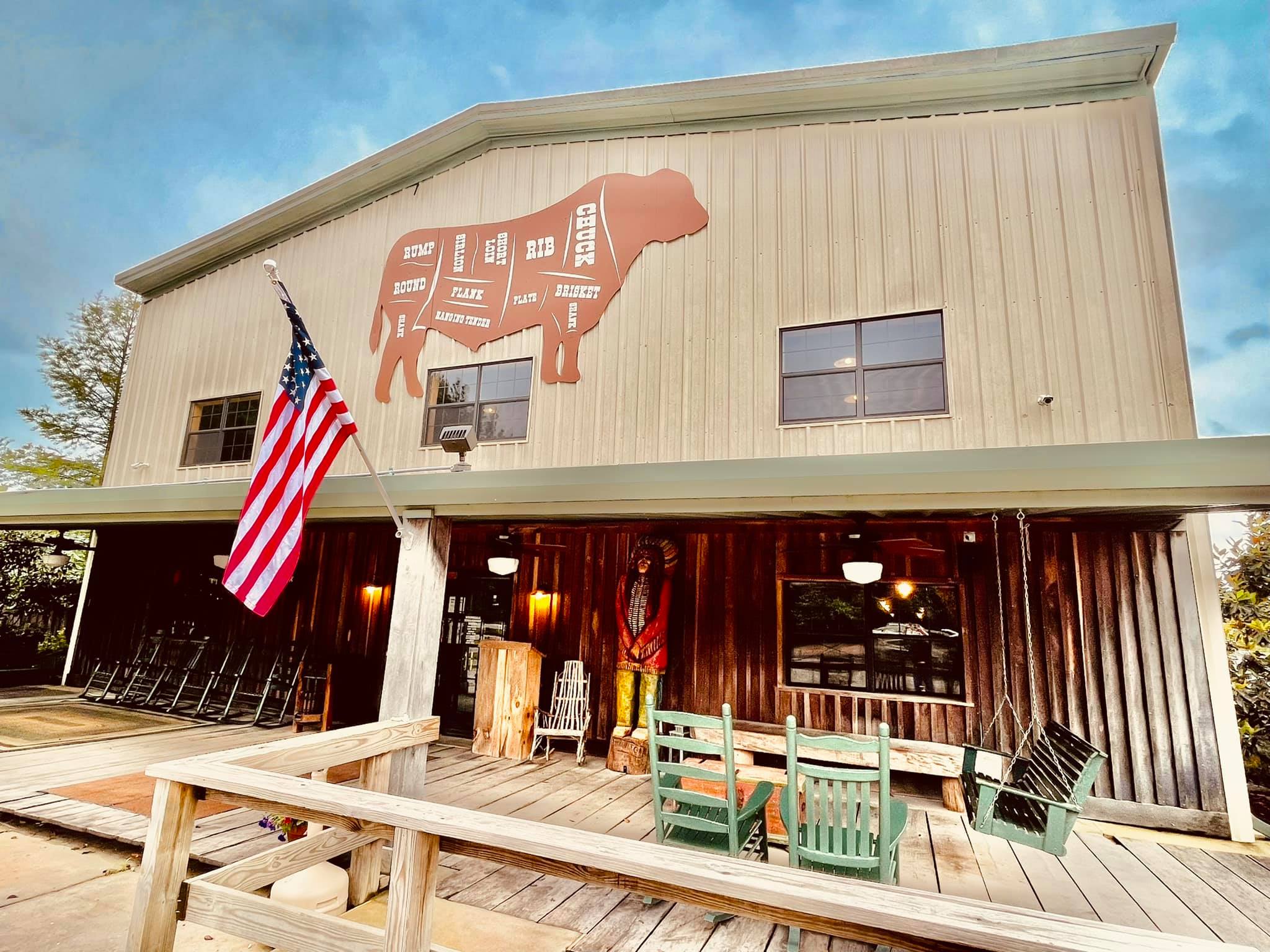When hate abounds, evil thrives
Published 9:55 am Friday, March 24, 2017
By Randy Weeks
“Try to understand men. If you understand each other you will be kind to each other. Knowing a man well never leads to hate and almost always leads to love.” – John Steinbeck
I was in Charleston, South Carolina recently, where I officiated at my niece’s wedding. As my sister and brother-in-law drove me to St. Luke’s Chapel where the wedding would take place, we passed the Emanuel African Methodist Episcopal Church, where nine people at a prayer service were gunned down by Dylann Roof on June 17, 2016.
Earlier that day I had watched a CNN report on the many threats being made against Jewish people in these United States of America. At this writing, 80-plus Jewish schools and community centers have received bomb threats.
I did a little research and found that according to the International Center for Advocates Against Discrimination (as well as several other reputable groups, including the National Bureau of Statistics) only 3percent of all hate crimes are documented through the FBI’s Uniform Crime Reporting Program. In fact, law enforcement’s reporting of hate crimes is entirely voluntary. According to the National Crime Victimization Survey, 65 percent of all hate crime victimizations are never even reported TO the police.
Hate crimes have been with us from the time the pilgrims put their feet on Plymouth Rock — most notably, the decimation of the tribes of the first Americans to the enslavement and lynching of black Americans. Over the last year we’ve seen more evidence of hate crimes in the USA than ever before. The very fact that hate crimes are still being committed should give us all pause.
A week or so ago, 100-year-old Holocaust survivor, Fanny Aizenberg, was interviewed on CNN. She talked about the persecution she and millions of other Jewish people were subjected to by the Nazis. Aizenberg had to hide her daughter to keep her safe and was herself imprisoned and tortured at the death camp, Auschwitz.
Regarding the recent anti-Semitic threats, Fanny Aizenberg said, “I live at the Hebrew Hall and next door is the Jewish Community Center, and they got two warnings about (a) bomb. That’s next door to where I live and that’s in the civilized world. It hurts me … It kills me. It’s not good. You don’t have to hate anybody.”
No, we don’t have to hate anybody. We choose to.
Aizenberg and many others find it unfathomable that people hate. People hate those of other races, cultures, faiths, sexual orientation, economic status, ad infinitum. And for no other reason than their being different from them. How in the world can anyone make sense of that? You can’t.
You can’t make sense of hate because hate never makes sense. In a supposedly free nation where the virtues of a Judeo-Christian faith are lauded from the halls of Congress and love should abound, hate makes no sense at all. Tragically, it is often the most vocal proponents of religion who foster and incite hate.
Consider this from Harper Lee’s To Kill a Mockingbird: “Sometimes the Bible in the hand of one man is worse than a whisky bottle in the hand of (another)… There are just some kind of men who – who’re so busy worrying about the next world they’ve never learned to live in this one, and you can look down the street and see the results.”
The best cure for hate is relationship – relationship with the source of your faith, relationship with yourself, and relationship with others. It’s difficult to get to know someone well and to still hate them. If we want to conquer hate it won’t be done through more evil, rather through our willingness to accept and value those who are different from us, even when we don’t fully understand or agree with them.
Want to make a difference? Want to starve hate and evil to death? Listen to Diana Ross’ 1970 recording of the Nickolas Ashford/Valerie Simpson song, Reach Out and Touch Somebody’s Hand, then take a risk – a leap of faith, if you will. Put the message of that song into action.
Reach out and touch
Somebody’s hand.
Make this world a better place,
If you can.
And we can. WE MUST! There’s too much to lose and so very much to be gained.
Randy Weeks is a minister and a counselor. He lives and writes in Oxford. He can be reached at peacemill369963@gmail.com.





